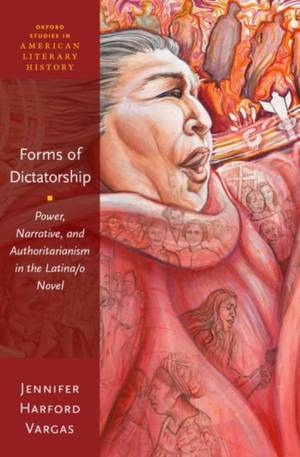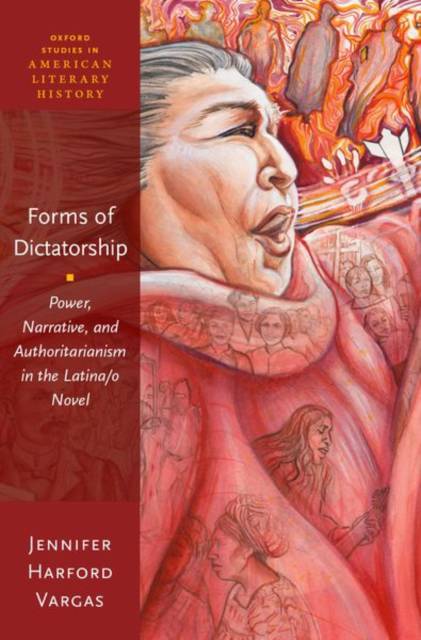
Bedankt voor het vertrouwen het afgelopen jaar! Om jou te bedanken bieden we GRATIS verzending (in België) aan op alles gedurende de hele maand januari.
- Afhalen na 1 uur in een winkel met voorraad
- In januari gratis thuislevering in België
- Ruim aanbod met 7 miljoen producten
Bedankt voor het vertrouwen het afgelopen jaar! Om jou te bedanken bieden we GRATIS verzending (in België) aan op alles gedurende de hele maand januari.
- Afhalen na 1 uur in een winkel met voorraad
- In januari gratis thuislevering in België
- Ruim aanbod met 7 miljoen producten
Zoeken
Forms of Dictatorship
Power, Narrative, and Authoritarianism in the Latina/o Novel
Jennifer (Associate Professor of English, Associate Professor of
€ 118,95
+ 237 punten
Omschrijving
Forms of Dictatorship examines novels that depict the historical reality of dictatorship and exploit dictatorship as a literary trope.
Specificaties
Betrokkenen
- Auteur(s):
- Uitgeverij:
Inhoud
- Aantal bladzijden:
- 280
- Reeks:
Eigenschappen
- Productcode (EAN):
- 9780190642853
- Verschijningsdatum:
- 28/12/2017
- Uitvoering:
- Hardcover
- Afmetingen:
- 236 mm x 163 mm
- Gewicht:
- 621 g

Alleen bij Standaard Boekhandel
+ 237 punten op je klantenkaart van Standaard Boekhandel
Beoordelingen
We publiceren alleen reviews die voldoen aan de voorwaarden voor reviews. Bekijk onze voorwaarden voor reviews.









